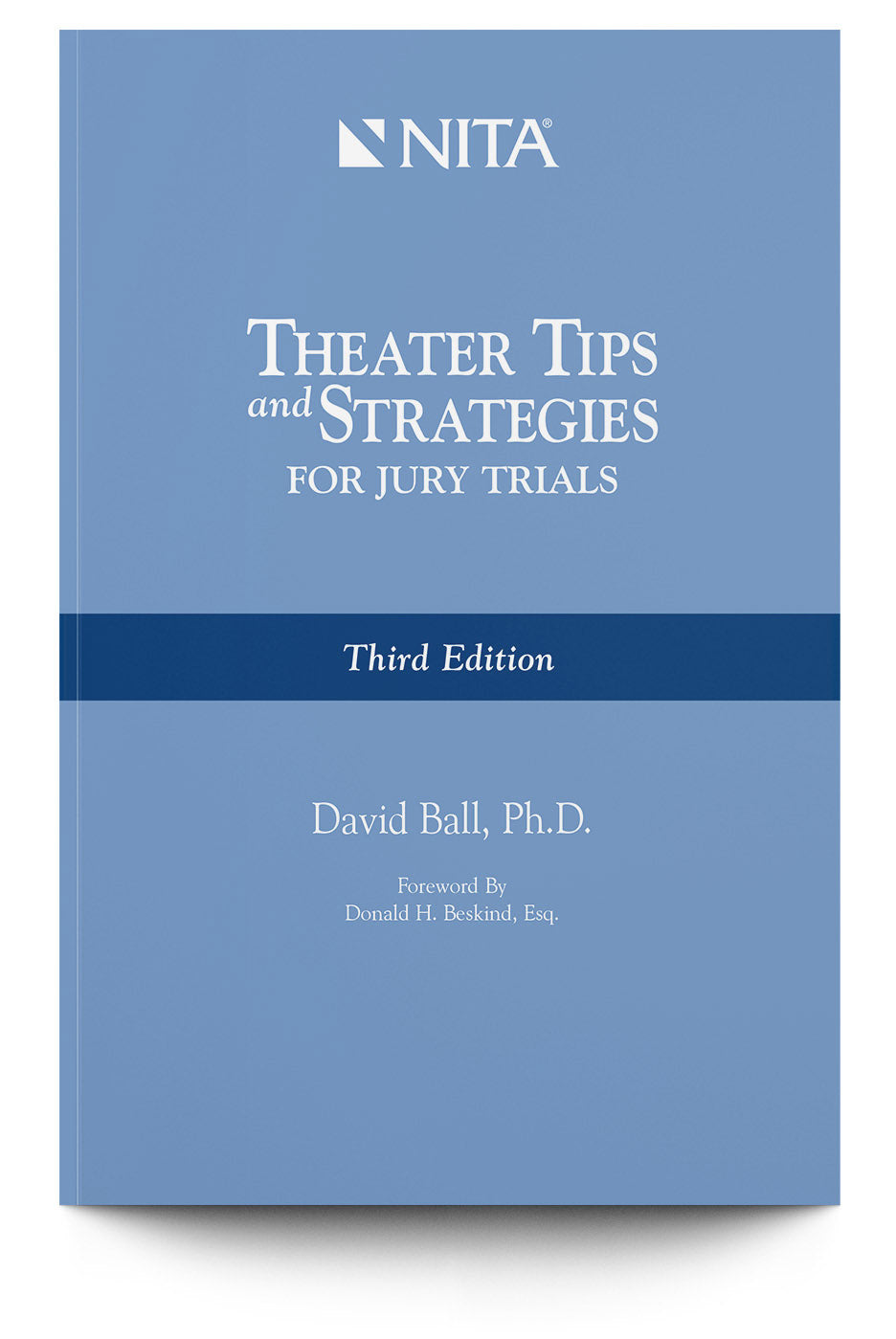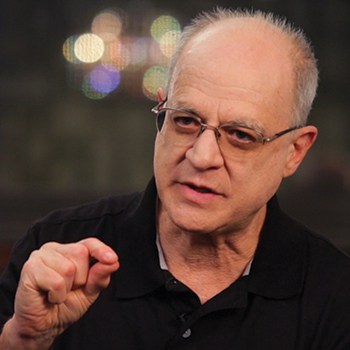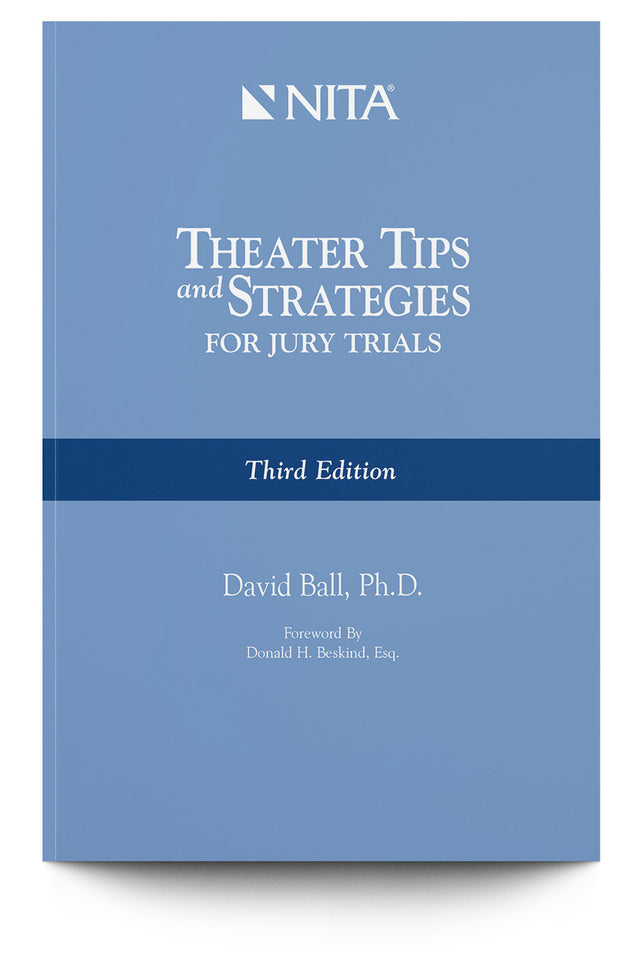Description
Description
In this third edition of Theater Tips and Strategies for Jury Trials, David Ball updates his methods and approaches to jury persuasion. This practical step-by-step guide helps you navigate the changes that occur in jury trials instead of being blindsided by them. Based on both research and the experience of lawyers and trial consultants across the country, Theater Tips and Strategies for Jury Trials, presents techniques of the stage and screen you can use to win in the courtroom. Ball tells how to use theater concepts to persuade and motivate jurors. He tells attorneys how to look, talk, and act naturally, and to communicate the truth clearly and memorably, so they gain trust and credibility from judges and jurors.
Ball provides practical guidance for voir dire, openings and closings, testimony, and focus groups. He describes what practitioners can learn from actors about their manner, voice projection, and behavior. He explains how to grab the jury from the beginning—just as a good movie opening captures the audience. He details how to prepare your 'cast' of witnesses so they testify clearly, credibly, and memorably. He offers advice on telling the story so that it commands attention and motivates jurors to argue for your side.
Author
Author
Details
Details
Paperback: 380 pages; 3rd edition (2003); ISBN: 978-1556817793
Publisher: Trial Guides, LLC
Table of Contents
Table of Contents
- Foreword
- Preface
- Acknowledgments for the First Edition
- Acknowledgments for the Second Edition
- Acknowledgments for the Third Edition
- Part I: Methods
- The Leading Character: You
- Your Cast Rehearsals: The Ten Commandments of Witness Preparation
- Your Audience: Jury Voir Dire
- Your Audience: Jurors During Trial
- Your Props: Demonstrative and Real Evidence
- Your Audience Coups: Visceral Communication
- Your Plot: Telling Your Story
- Your Camera Angle: Point of View
- Testimony
- Closing
- CLE Courses and Law School
- And in Conclusion, Ladies and Gentlemen
- Part II: Applications
- Application A. Working with Co-Counsel
- Application B. Humanizing Non-Human Cases
- Application C. Theme
- Application D. Focus Groups, Mock Trials
- Application E. The Awkwardness of Voir Dire
- Application F. Conducting Voir Dire
- Application G. Peremptory & Cause Challenges: Making Choices
- Application H. Truth
- Application I. Reading the Jurors
- Application J. Paralegals in Court
- Application K. The Care and Feeding of Experts
- Application L. Courtroom Technology: Tips & Caveats
- Bibliography
- Index
What Legal Leaders Are Saying
— Kevin L. Swick, Keating, Ritchie, and Swick, Cincinnati, OhioI have been practicing over twenty years with my share of successes and failures. I could not put your book down. It is really the best trial book I have ever read. I can’t believe the number of things I was doing wrong—and how much common sense your solutions involve. This book should be required reading in every law school trial practice class. I wish I had read it long ago. Thanks for helping me become a better lawyer.
— Wisconsin Lawyer, July 2004This book provides great insight, especially for lawyers who welcome going to trial.
— CourtCall (American Society of Trial Consultants), Spring 2004 issueThis book provides an excellent guideline for the trial lawyer looking to improve his or her trial presentation skills… It is also a great resource for the trial consultant who is helping lawyers to achieve improved performance in trial practice, and can be used as a checklist when observing the performance of others.
— The Vermont Bar Journal and Law DigestEven experienced trial attorneys will find Mr. Ball’s book a valuable mini-refresher course. The book shows trial lawyers how to use concepts from theater to persuade and motivate. After all, there is no finer stage than the courtroom and no more critical audience than a jury.
— Lawyers Weekly USAEven those who never try a jury case will learn a lot about audience persuasion—which is a crucial skill in many theaters of a lawyer’s life besides courtrooms.




